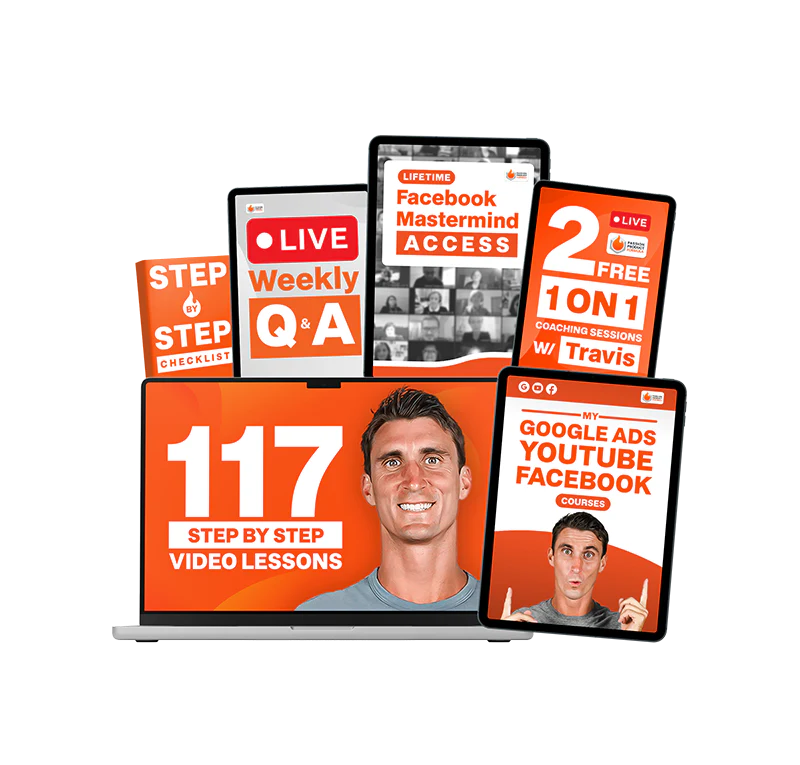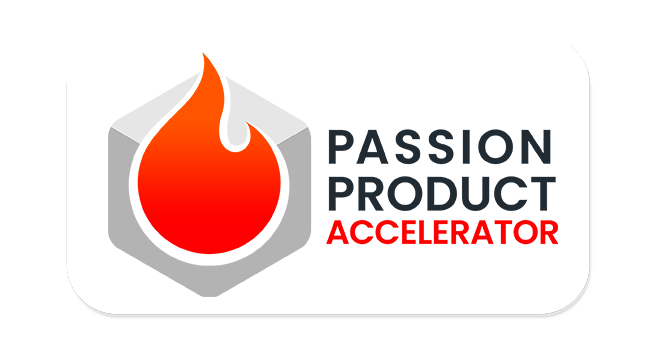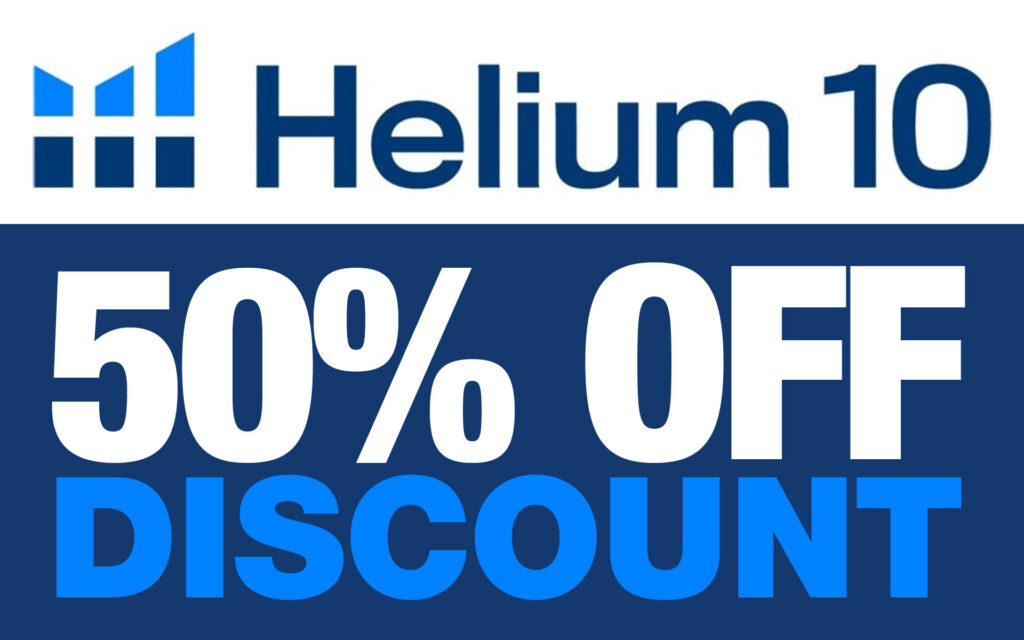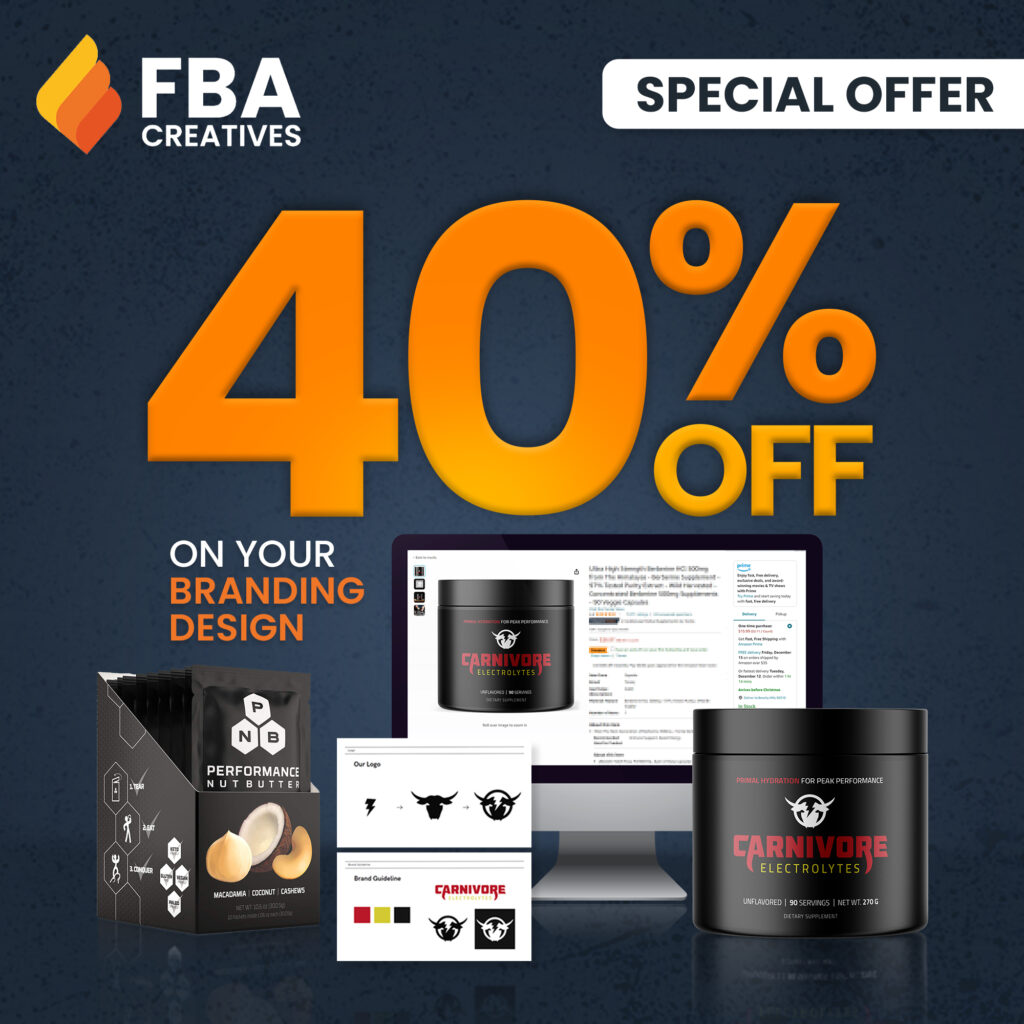Want to start your journey to financial freedom? Watch this step-by-step guide on how to launch your Amazon FBA business in just 10 minutes! From setting up your seller account to finding profitable products, this video simplifies the process, so you can start earning with ease. Perfect for beginners and experienced sellers alike, this video highlights tools, tips, and success stories to inspire your e-commerce success. Don’t miss it—start building your Amazon business today!
Amazon FBA (Fulfilled by Amazon) offers an incredible opportunity to earn money by leveraging Amazon’s logistics and customer base. This article will guide you through starting your Amazon FBA business in just 10 minutes, making it an accessible entry into e-commerce for anyone.
Getting Started
Step 1: Setting Up Your Amazon Seller Account
To begin, you need to create an Amazon Seller Account. There are two account types:
- Professional Plan: Costs $39.99/month, ideal for sellers planning to sell over 40 items monthly.
- Individual Seller Plan: Free, but charges $0.99 per item sold.
Steps to Create an Account:
- Visit sell.amazon.com and select “Sign Up.”
- Provide personal information (name, address, phone number), store name, bank account details, and a credit card for seller fees.
Step 2: Choosing a Selling Method
There are three popular methods for selling products on Amazon:
- Retail Arbitrage:
- Purchase discounted items from stores like Walmart and resell them on Amazon for profit.
- Pros: Simple and requires minimal investment.
- Cons: Labor-intensive and not scalable.
- Wholesale:
- Buy products in bulk from suppliers at wholesale prices and resell them individually.
- Pros: Lower cost per item.
- Cons: High competition from sellers offering the same products.
- Private Label:
- Create and sell a branded product.
- Pros: Exclusive branding and scalability.
- Cons: Higher upfront investment.
Step 3: Finding the Right Product to Sell
Use product research tools like Jungle Scout and Helium 10 to identify profitable opportunities. Look for:
- High search volume with low competition.
- Niche items, such as berberine tea, that fulfill specific needs.
Creating Your Product
Step 4: Partnering with a Manufacturer
Find a manufacturer to create your product. Options include:
- Alibaba: For international suppliers.
- ThomasNet: For domestic manufacturers.
- Google Search: Search “[product type] manufacturer” for localized results.
Invest in strong branding with premium packaging and logos. Platforms like Fiverr and 99designs can help create professional designs.
Step 5: Listing Your Product on Amazon
A well-crafted Amazon listing can make or break your sales. Key elements include:
- Title: Clear and keyword-rich.
- Images: High-quality visuals showing multiple angles.
- Bullet Points: Highlight features and benefits.
- Description: Detail what makes your product unique.
Running Your Business
Step 6: Utilizing the Amazon FBA Program
Amazon FBA simplifies your logistics:
- You send your products to Amazon warehouses.
- Amazon handles storage, packaging, shipping, and customer service.
Benefits:
- Access to Prime customers.
- Scalability with minimal effort.
Step 7: Boosting Sales with Amazon’s Algorithm
Amazon functions as a search engine, and ranking high in search results is key to success. Tips:
- Drive initial sales with promotions or discounts.
- Optimize listings with relevant keywords.
Success Stories and Resources
Real-life examples showcase the potential of Amazon FBA:
- AJ: Earned over $500,000 in the first year.
- Calvin: Made $400,000 as a student.
Travis Marziani also offers a free 10-hour Amazon FBA course and an advanced training program for those who want in-depth guidance. Click here to watch the full course.
Conclusion
Starting an Amazon FBA business is accessible, even for beginners. By following these steps—setting up an account, choosing the right selling method, and leveraging FBA—you can build a profitable e-commerce business. Take the first step today and explore the vast opportunities Amazon offers.
FAQs
- What is Amazon FBA?
- Amazon’s Fulfilled by Amazon program handles storage, packaging, and shipping for sellers.
- How much does it cost to start an Amazon FBA business?
- Costs depend on the selling method and account type. Retail arbitrage requires minimal investment, while private labeling needs higher upfront costs.
- What are the best tools for finding products to sell on Amazon?
- Helium 10 and Jungle Scout are excellent for market research and keyword analysis.
- How do I ensure my product ranks high on Amazon?
- Optimize your listing with keywords, use professional images, and generate early sales to boost rankings.
- What makes private labeling different from other methods?
- Private labeling allows you to create a unique, branded product, providing exclusivity and long-term scalability.






